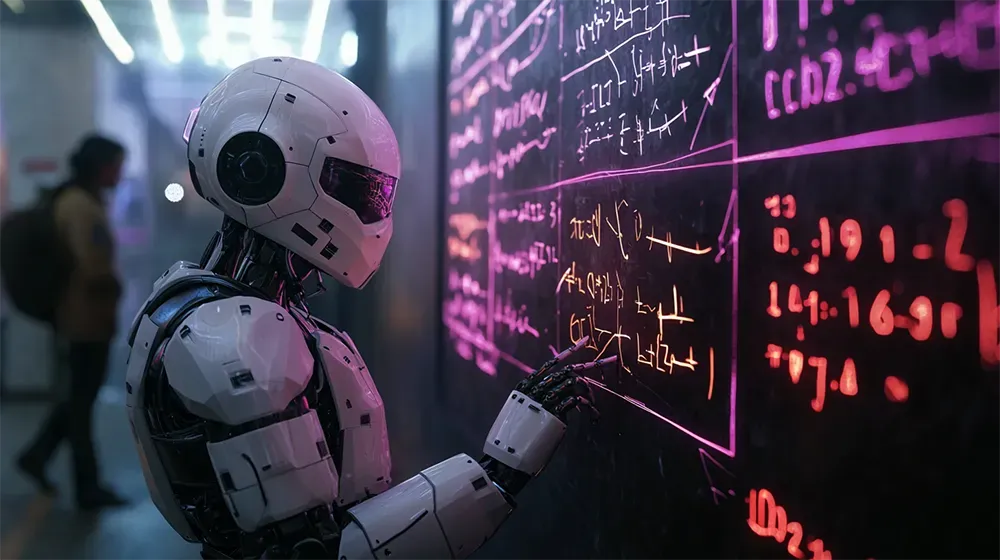AI Doesn’t Learn – And That’s Your Problem, Not Its

AI is like that one coworker who nods along but forgets everything after the meeting. Large language models don’t “learn” the way humans do; they predict, mimic, and regurgitate.
If we keep calling that learning, we’re setting ourselves up for a dangerous misunderstanding.
Despite what AI tools (and their marketing teams) claim, they don’t actually learn. Unlike humans, AI doesn’t refine knowledge through experience. Instead, it predicts patterns based on vast datasets, and once trained, it’s stuck in time.
ChatGPT, for instance, doesn’t improve after your interactions. It’s pre-trained, not evolving. This matters because it means AI isn’t gaining wisdom, it’s just recycling past knowledge, often outdated or inaccurate.:
- AI “learning” is just pre-training, not adaptation.
- Even when AI seems to improve, it’s external tweaks, not inherent learning.
- Users must refine prompts, validate outputs, and remain the actual thinkers in this equation.
So, are we treating AI as a tool or mistakenly seeing it as a growing mind? How we define “learning” could shape the future of AI ethics, governance, and expectations.
Read the full article on The Conversation.
----
💡 We're entering a world where intelligence is synthetic, reality is augmented, and the rules are being rewritten in front of our eyes.
Staying up-to-date in a fast-changing world is vital. That is why I have launched Futurwise; a personalized AI platform that transforms information chaos into strategic clarity. With one click, users can bookmark and summarize any article, report, or video in seconds, tailored to their tone, interests, and language. Visit Futurwise.com to get started for free!






